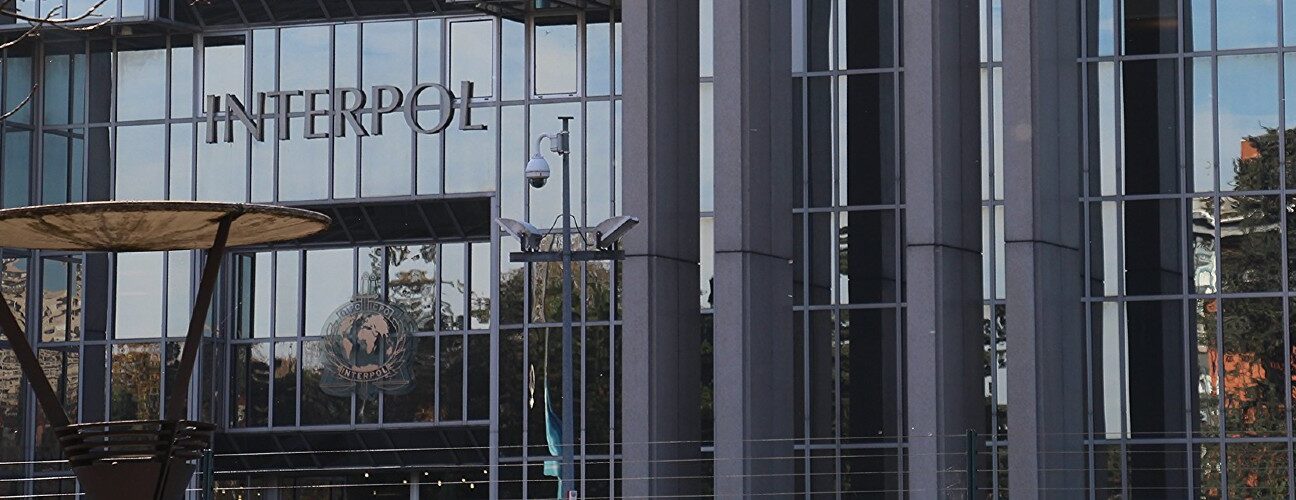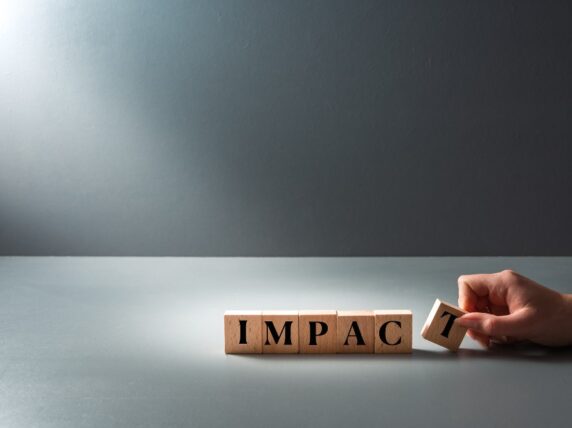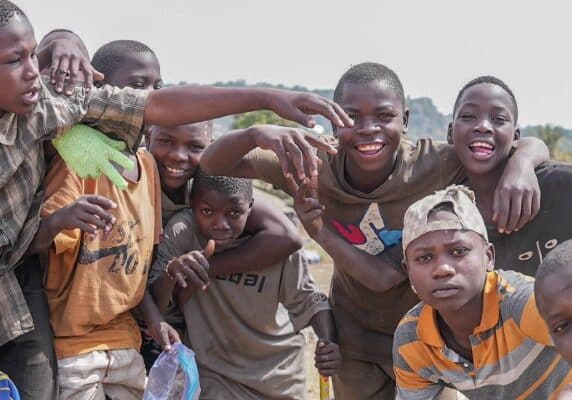Project Soteria: A long-term solution to the puzzle of safeguarding
Last week Interpol launched Project Soteria – the result of nearly two years of intensive, focused, and passionate work to address safeguarding violations.
Originally announced by then secretary of state for international development Penny Mordaunt at the Safeguarding Summit on 18 October 2018, this kernel of an idea took time, specifically to work out how it will support the deterrence and improved response to safeguarding. Despite the launch of the project last week, it will be a long time before we are able to see results.
When the initiative was announced in London, it was met with confusion and concern. The original idea was to improve criminal and background checks, with an emphasis on ensuring that British aid workers would not be allowed to commit exploitation and abuse abroad.
But British aid workers make up a small fraction of aid workers globally. Britain is already connected to Interpol, with deep ties between British police services and the globally focused organisation. The criminal record for a British citizen can easily be accessed and identified by Interpol.
The problem was that British aid workers were not the only risk. The real challenge is that many countries around the world have a justice system that is not sufficiently resourced to maintain a criminal recording system that can be easily searched by Interpol. And there are countries where rape myths block survivors from coming forward because of fear of retaliation and blame from police, lawyers, and judges. This is a deeper, less simple to address, problem.
Upon realising that what was being proposed might not meet the needs of the aid community, Interpol not only acknowledged the situation, but brought in experts from across the aid sector to help them shape the next steps. I, peers from Oxfam, Save the Children, IFRC, independent experts and police specialists gathered virtually to debate, challenge, and support one another in coming up with potential solutions to address the long-term problems facing survivors globally.
Subscribe to our newsletter
Our weekly email newsletter, Network News, is an indispensable weekly digest of the latest updates on funding, jobs, resources, news and learning opportunities in the international development sector.
Get Network NewsWill Project Soteria help to support survivors of safeguarding violations committed by aid workers? Yes.
Will this help to prevent floating perpetrators moving between organisations and countries? Yes.
And will this help all survivors of sexualised violence to get a more empathetic survivor-centered response, regardless of who the aggressor is? Also, thankfully, yes.
It is in the affirmation of this last question that has made me such a passionate supporter of Project Soteria. With one or two exceptions, many of the on-going solutions and initiatives being rolled out to prevent and respond to safeguarding violations are contained to managing problems internally within organisations.
Project Sotaria goes a step further to look at the root causes and barriers to reporting sexualised violence and safeguarding violations. It seeks in the long-term to create a judicial environment where all survivors can be heard and supported. It hopes to create an environment where perpetrators will have more to fear than the survivors coming forwards.
This is a problem close to my heart. Project Soteria won’t address the challenges outlined immediately. But in the next decade we hope to see more survivors be able to come forward. We hope to see aid workers and those who commit sexual violence across the globe to come to justice. We hope the world will be a safer place for those who are most vulnerable to exploitation and abuse. Project Soteria will help this happen.
If you’re interested in getting involved with Project Soteria, reach out to colleagues here. I hope you’ll join me in advocating for long-term structural solutions for making the world just a bit better.
Category
News & Views



